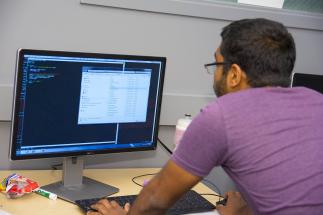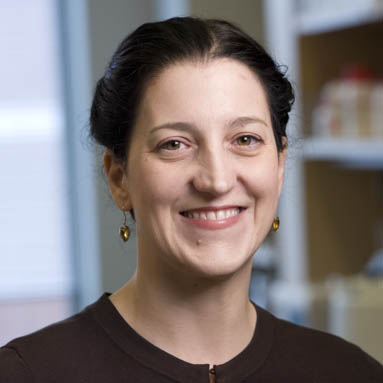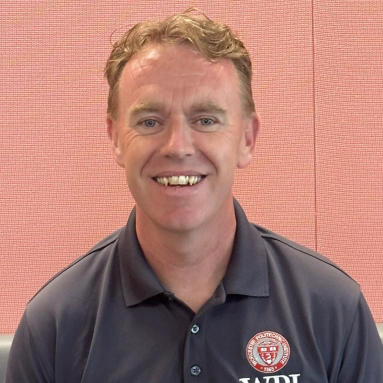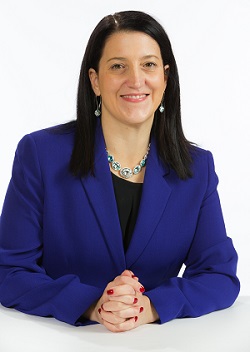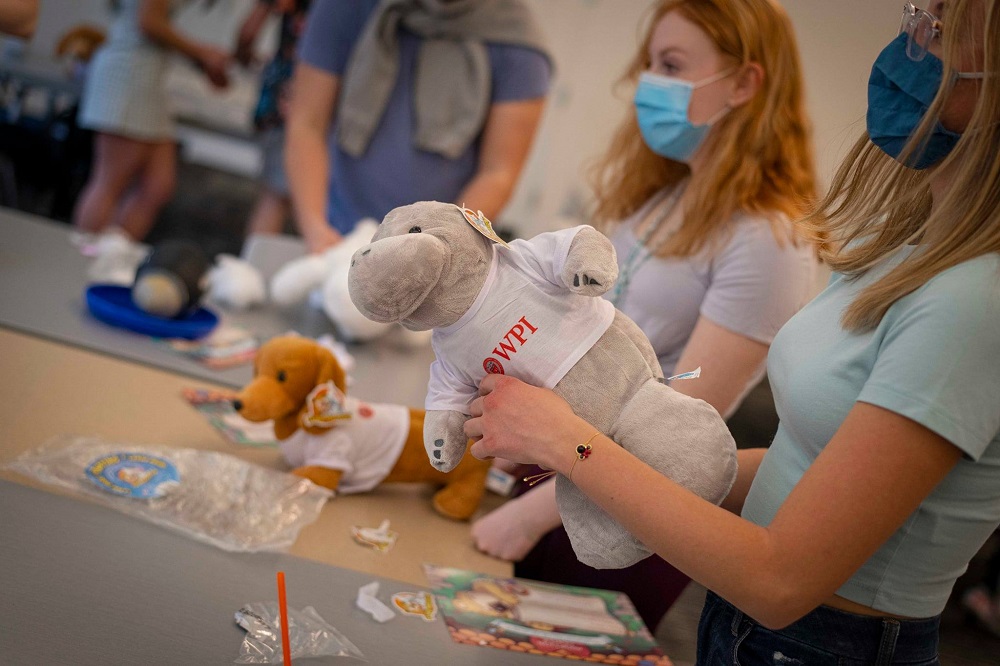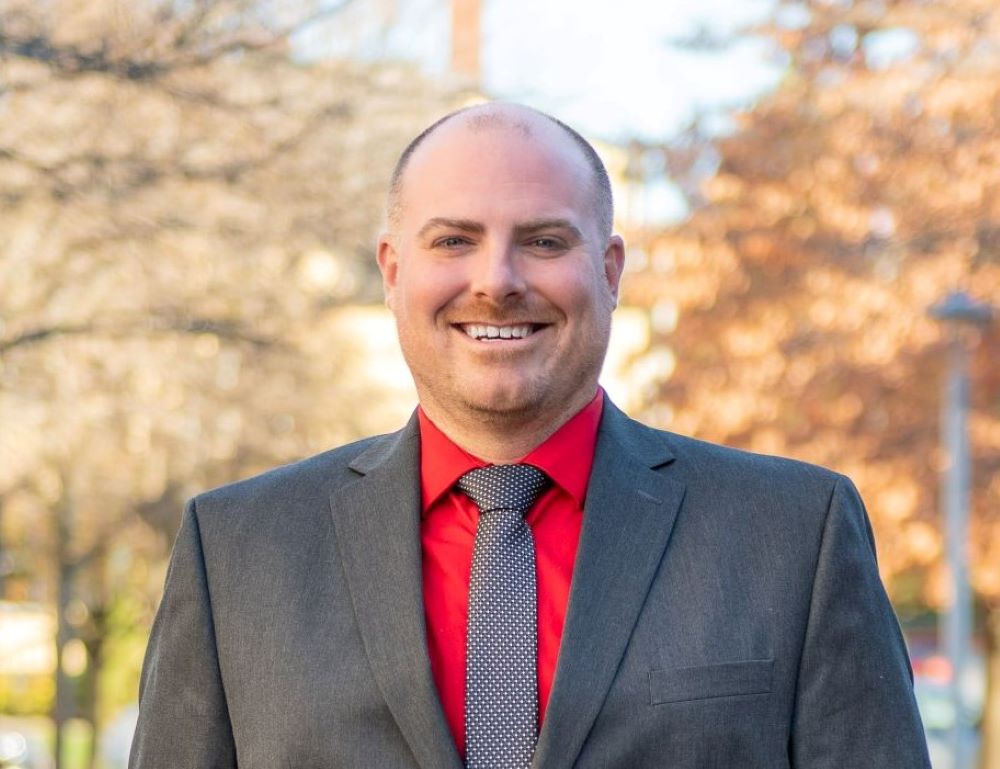D-Term presented challenges to WPI’s community that would have been hard to comprehend even two months ago. Remote learning, a campus shutdown, and an ever-present worry rapidly flipped the end of the academic year. But it didn’t stop it. Even when WPI’s students aren’t physically together, they still have a support network to make sure they navigate this uncharted territory.
As COVID-19 altered plans across campus, new strategies kicked into high gear to establish personalized connections, expand support programs, and ensure that each student felt the concern and compassion the community has for them. In response to the crisis, departments across campus worked together to identify, modify, and use the best practices for online students and make them work for all students.
Although the situation is unexpected and unprecedented, students are determined to find a way. “WPI students get things done, and they do hard things,” says Debra Boucher, director of special academic programs. Watching how the community is working to support students and each other is inspiring, she says.
A proven strategy for supporting full-time online students is now being used for graduate and undergraduate students whose on-campus world was upended. Jody Reis, associate director of program delivery, says online students already received personalized guidance from her team of student success managers. That help, which includes assisting students with almost any university detail that isn’t coursework, has been expanded to include those who had been on-campus students. “Most of the informal networks students rely on have gone away,” Boucher says. “The world they thought they knew is very unsure right now.”
Reis, who works primarily with graduate students, says WPI knew that students who successfully navigated classrooms, labs, offices, and support networks on campus could feel adrift and disconnected in an online environment. She also knew that her team could help, but any approach needed to be fast and effective—and would involve nearly 700 newly remote graduate students, in addition to the 1,000 usually online and corporate students.
The program delivery team contacted each full-time, on-campus grad student to offer support while Boucher’s team began outreach to undergrad students. “The number one response we heard was that they were grateful someone from WPI was reaching out to them,” says Reis. Terri Camesano, dean of graduate studies, agrees. “We are finding that students are very appreciative of the outreach they are receiving from their student success managers,” she says.
Lori Kendall-Taylor, one of five student success managers for graduate students, says many students feel pressure as the economic shift impacts the job market. International students report worries about returning to their homes or staying in Worcester—all with concern over family back home. Still others had basic questions. “A lot wanted to know what would happen for Commencement or when they would get their diplomas,” she says, “... some of it was the unknown.”
